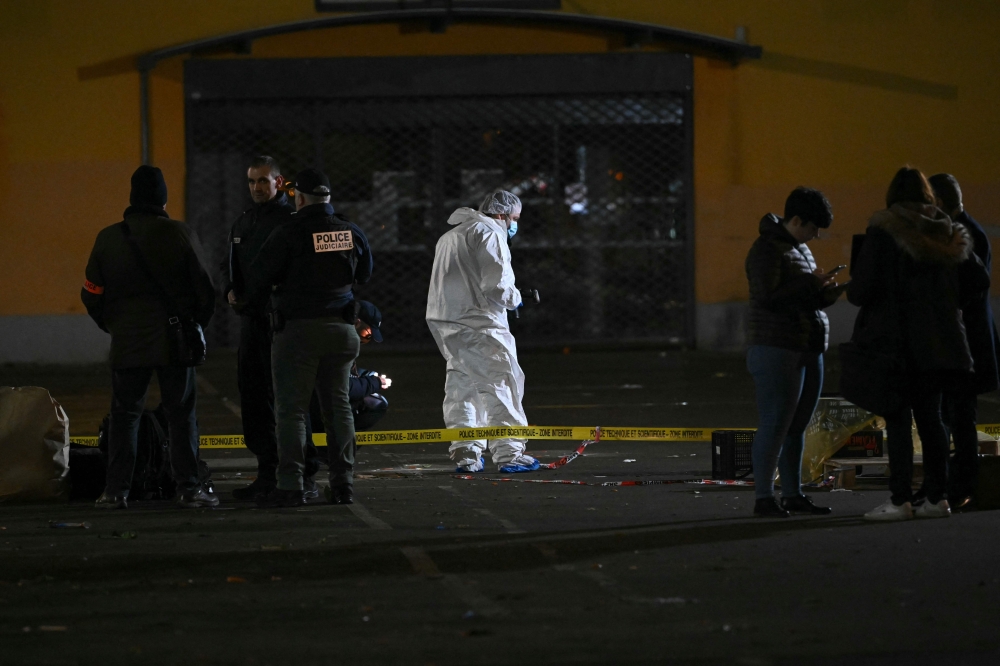
The Provincial Administration Organisation (PAO) election on Saturday attracted an unusual amount of attention. Despite the PAO elections having been held since 2004, the public have seldom given them that much consideration. While PAO elections might spotlight local governance issues, the outcome is unlikely to induce much-needed change or fix problems such as a lack of transparency, corruption and public participation.
The focus is more about the exciting rivalry of three main parties -- Pheu Thai, the People's Party and Bhumjaithai, and less on the visions and future of the provinces. The election outcome only guarantees that ban yai -- a term to describe local political families who hold sway in local and national politics -- are not facing extinction as political pundits forecast two years ago when ban yai factions lost to the Move Forward Party in the last national election. For voters and local communities, the robust return of ban yai means local administration will be controlled by a patronage system as it had long been.

The surprise losses of the People's Party -- a reincarnated version of the dissolved Move Forward Party, the winner of the national election in 2022 -- begs the question of what voters want from parties. Indeed, the People's Party's policies on local government are unique in Thai politics and are pro-direct democracy. The party has campaigned for local people to have more say in determining development and local policy.
But did voters listen? Or are they content with the same old politics in which local politicians and central government will take care of public services for them? Nevertheless, there were a few encouraging signs from the recent PAO election. Among them was the sole victory of the People's Party in Lamphun province, where it has now launched the so-called Lamphun Model, which aims to transform the party's ideas of decentralisation into action. Another encouraging sign is the proposal for a new local administration law by young politicians from Bhumjaithai.
Late last month, the party ran a workshop asking locals for input into its "Ban Kerd Maung Norn Bill''. If this law gets approved, the local government can collect taxes, and local voters can decide how the revenue will fund local development schemes minus the usual input from the central government and the provincial governor being sent by the Interior Ministry for a decision. We can only hope that new political innovations such as the People's Party's Lamphun Model and Bhumjaithai's "Ban Kerd Maung Norn Bill" will get support so local governance initiatives and voters can have more say in determining the future of their communities instead of listening to the central government and Interior Ministry as has been the case for over a century.
Local administration started in this country about 130 years ago during the reign of King Rama V. The monarch also launched the first local election in Bang Pa-in district in Ayutthaya in 1892. During the past three decades, governments have updated laws for more local elections.
However, in reality, these civilian-elected local administrations are under the central government's control via the Interior Ministry. Without a change to local administrative structures, any election, such as the recent PAO elections and the next one in a few months, will only result in the same old politics coming out on top..















